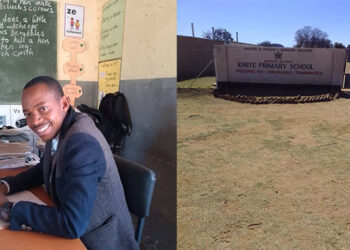Zimbabwe’s healthcare system is being severely impacted by a chronic shortage of health personnel, with a startling shortfall of at least 57,000 professionals.
The public health system has been severely damaged by this continual exodus of medical personnel since the late 1990s.
According to Chronicle, the number, size, absorption, geographic distribution, skill mix, and managerial capacity of health workers are among the crucial issues that Zimbabwe’s health system must deal with, according to the World Health Organization (WHO).
The government and groups like WHO are working together to enhance working conditions for healthcare professionals and fortify the health system in order to solve this problem.
“There is a shortage of at least 57 000 health workers in Zimbabwe to get to where we want if we are to meet Vision 2030 goals,” Dr. Kangwende said.
Dr. Kangwende emphasized that Zimbabwe must at least quadruple the number of health professionals as soon as possible, if not by 2030, in order to attain universal health care.
“To do that, we need to increase the number of health workers being trained at our health institutions, the nursing schools and the multi-disciplinary schools.
“Production is at about 3 400 a year, and we have 5 000 vacant posts even with that production. Projections and calculations mean we need to increase that production to at least 7 000 a year as soon as possible to achieve our Vision 2030,” she said.
The HSC, she added, has pledged to generating at least 32 000 jobs by 2030, a massive challenge that she stressed must be completed.
Dr. Kangwende stated that the HSC has pledged to lowering health worker attrition by at least 50% by 2030 so that they do not seek greener pastures outside the country.









